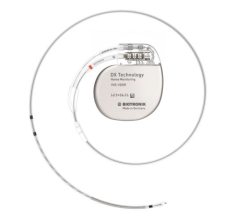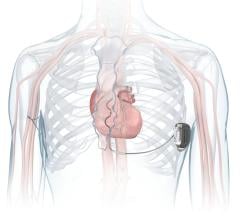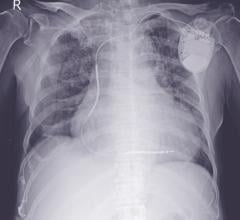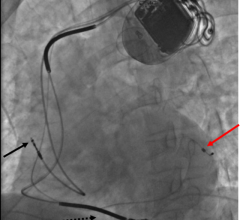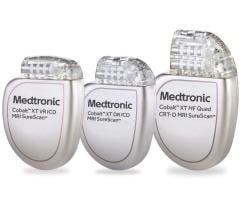A retrospective study at Northwestern University Feinberg School of Medicine, Chicago, showed that dialysis patients who had implantable cardiac defibrillator (ICD) therapy were more likely to receive appropriate shocks for ventricular tachycardia or ventricular fibrillation — but they also had worse survival compared with a nondialysis cohort, according to Medscape Medical News.
"Being on dialysis was the greatest predictor of using the device for a particular tachyarrhythmia. However, even though these devices were in place and were being used [appropriately], dialysis patients still had a survival significantly less than patients without dialysis,” said study author Dr. Rod S. Passman. “In a sense, this is not terribly surprising, because we know that dialysis patients have a lot of competing comorbidities and that perhaps decreasing the risk of sudden death with a defibrillator still leaves them open to dying from other diseases."
Because it was a retrospective study with inherent study design biases, Dr. Passman added, it could not answer the question of whether defibrillators can actually prolong life in dialysis patients.
The study will appear in the October 2006 issue of Heart Rhythm.


 January 13, 2026
January 13, 2026 


